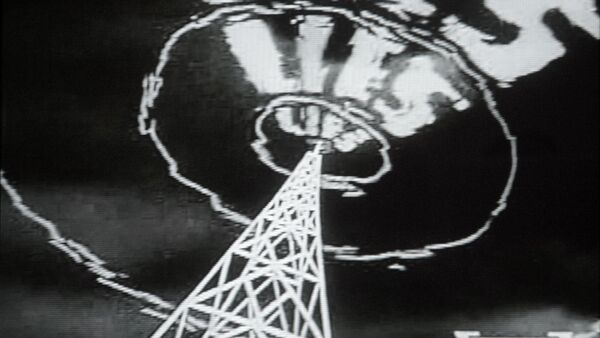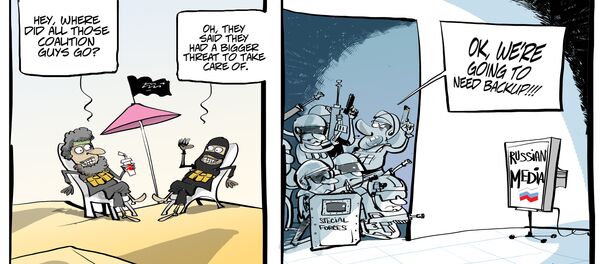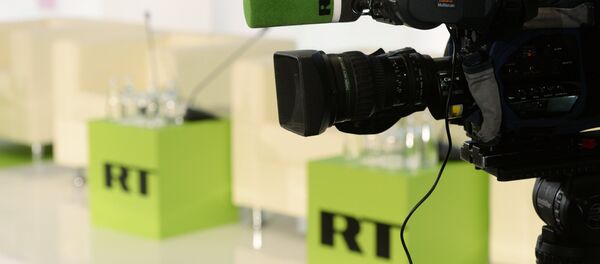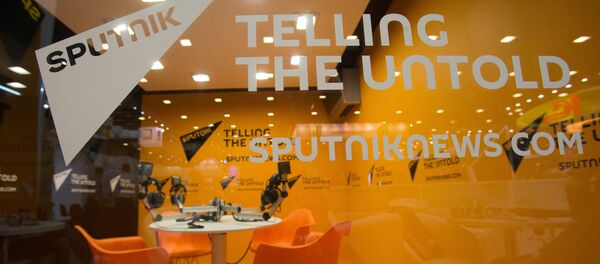Fotyga's resolution, ostensibly aimed at "describing the propaganda of both state and non-state actors" against Europe, concluded that "the EU needs to counter disinformation campaigns and propaganda from countries, such as Russia, and non-state actors, like Daesh, Al-Qaeda and other violent jihadi terrorist groups."
At the same time, as Sputnik France contributor Edouard Chanot pointed out, Daesh was not mentioned even once in the discussions which followed the resolution's adoption, making it obvious that Russia was the real target of the bill all along.
Sputnik was specifically mentioned during the session of parliament by British MEP Steven Woolfe, who stepped out with criticism of Fotyga's resolution during its debate, joining the dozens of European and Russian politicians, journalists and commentators who have already done so.
Supporters and opponents of the bill loudly accused one another of having succumbed to propaganda, something Sputnik France suggested instantly brought to mind associations with George Orwell's famous novel 1984.
"The same thing is happening today," said Romanian MEP Monica Macovei, who accused Moscow of "attacking" Europe using "propaganda." Polish MEP Marek Jurek added to the sense of paranoia, suggesting that "the war [between the West and Russia] continues."
Dissent Grows
Although Fotyga's bill did end up passing through the EU's main elected legislative body, it didn't get the votes its initiators originally hoped for, with only 304, or 44%, of the elected body's 691 lawmakers voting in favor of the resolution. Opponents included French MEP Jean-Luc Schaffhauser, and Latvian MEP Tatiana Zhdanok. Schaffhauser earlier told Sputnik that about 100 lawmakers publically opposed the resolution, although they had no illusions regarding the likely result of the vote.
In addition to concerns over the declaration's anti-Russian character, MEPs warned that the bill presented other dangers as well. Specifically, Polish MEP Michal Marusik of the Europe of Nations and Freedom faction warned in the run-up to the vote the draft was "a sign of the collapse of Western civilization." The lawmaker worriedly explained that the vote marked a big step toward information control and censorship in the EU, adding that he didn't want his country to participate in an organization where thought is 'administratively regulated and controlled'.
New Cold War Fears
Numerous MEPs also called out the bill as a destructive effort by Brussels to "fuel a new Cold War" with Russia amid the potential for thawed relations between Moscow and Washington.
For his part, British UKIP MEP Jonathan Arnott declared that "taxpayers' money should not be used for this," drolly adding "we should use some of the funds to fight against pro-European propaganda."
Ultimately, Sputnik France's Edouard Chanot wrote that unfortunately, the debate on Russia is unlikely to end with the Fotyga resolution, given the myths surrounding the effects of Russian so-called 'propaganda' on the European Union. For while Fotyga's supporters contrast the "measly" sums dedicated to the EU's East StratCom Team's 'counterpropaganda' effort against the "millions and millions" in Russian media money, they do not mention the vast resources at the disposal of mainstream European media, much of which is also state-supported.
Effectively, Chanot stressed, "Anna Fotyga and her allies have actually completely inverted the asymmetrical balance of power between Russia and its opponents" in the European media space. And "this testifies to the true purpose of the report: in reality Brussels simply wants to increase the budget of its Stratcom Team…"
"Overall, the EU seems to be ossifying, twitching and reacting to in an awkward manner to the criticisms against it, which in the past ten years have become increasingly harsh," Chanot concluded.





